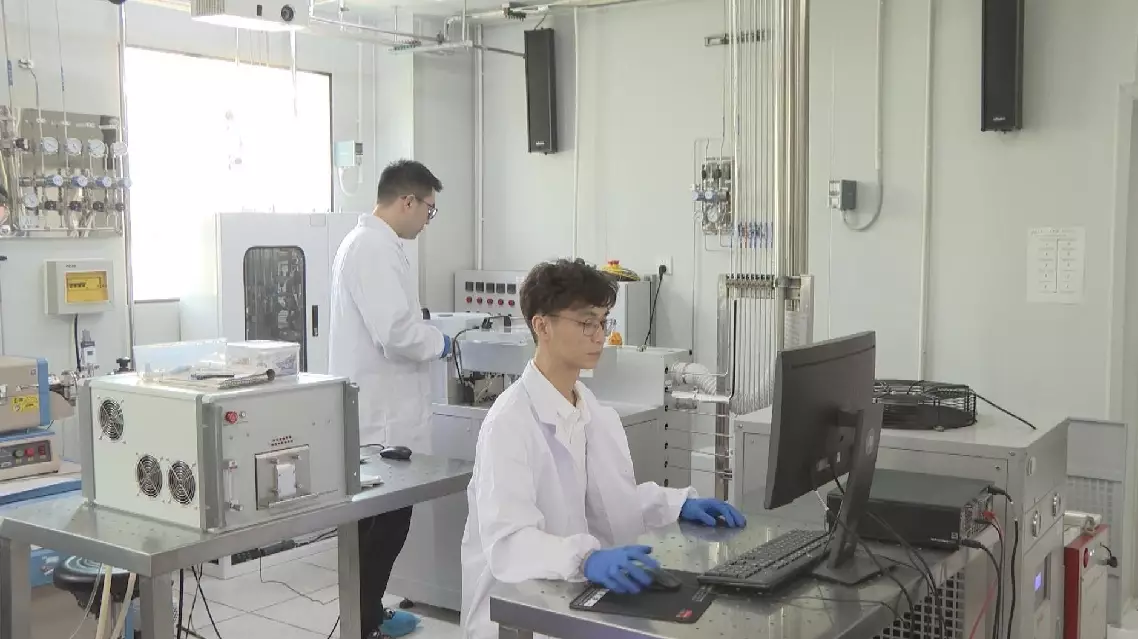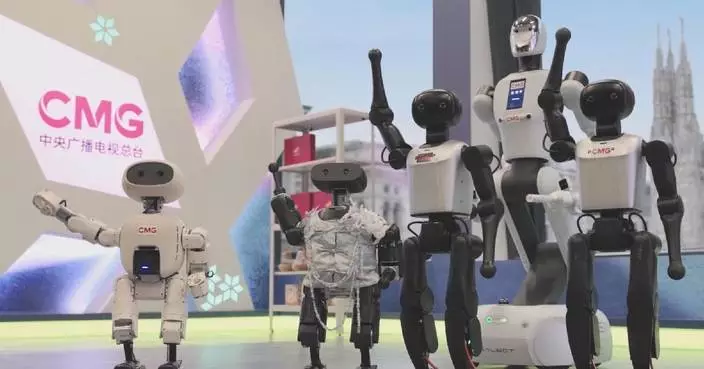A Chinese research team has developed a revolutionary flash memory device that can store data at a speed of one bit per 400 picoseconds, setting a new record for the fastest semiconductor storage device ever reported.
This groundbreaking research result by Shanghai-based Fudan University researchers was published in Nature on Wednesday.
Named "PoX," this non-volatile memory outperforms even the fastest volatile memory technologies, which take around one to ten nanoseconds to store one bit of data. A picosecond is one-thousandth of a nanosecond or one-trillionth of a second.
Volatile memories like SRAM and DRAM, which lose data on power loss, are ill-suited for low-power systems, while non-volatile memories like flash, though energy-efficient, fail to meet the high-speed data access demands of AI.
The Fudan University researchers developed a two-dimensional Dirac graphene-channel flash memory using an innovative mechanism, shattering the speed limits of non-volatile information storage and access.
"The increase in speed is a major breakthrough, completely overcoming a theoretical bottleneck in existing storage technology frameworks," said Liu Chunsen, a researcher at the State Key Laboratory of Integrated Chips and Systems at Fudan University.
Liu explained that the computation of large AI models mainly relies on GPU chips, and current commercial GPU chips can achieve 33.5 trillion floating-point operations per second while the speed of writing or erasing memory associated with them still lingers at the microsecond (one millionth of a second) level.
"PoX" is precisely tailored to meet the demands of high-speed computation by GPU chips, said Liu.
To expedite the practical application of this groundbreaking technology, the research team has deeply collaborated with manufacturing enterprises during the research and development process. A tape-out verification has been carried out, achieving initial results.
"We have now been able to make a small-scale, fully functional chip. The next step involves integrating it into existing smartphones and computers. This way, when deploying local models on our phones and computers, we will no longer encounter the bottleneck issues such as lagging and heating caused by existing storage technology," said Liu.

Chinese researchers achieve making world's fastest flash memory device: Nature









